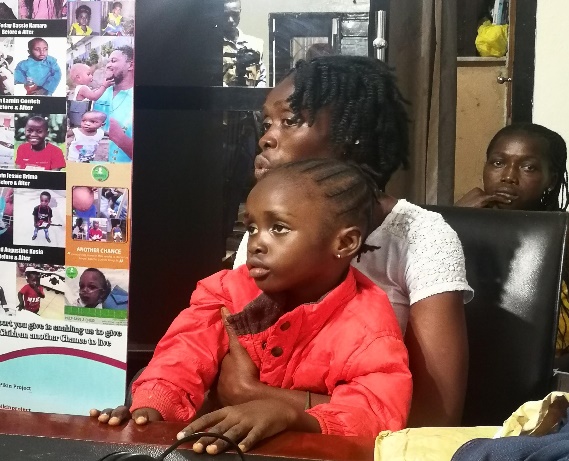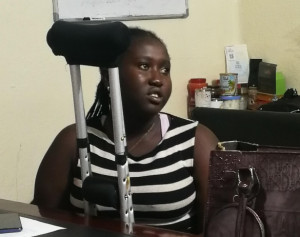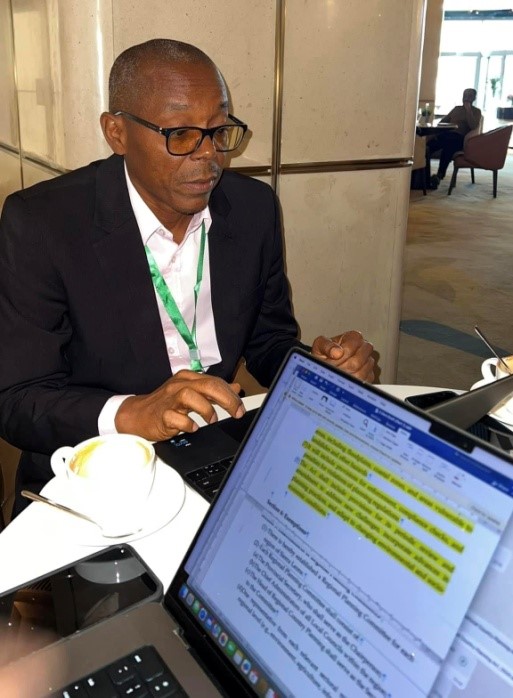By Amin Kef (Ranger)
President Dr. Julius Maada Bio, during a national address on Monday, September 9, 2024, officially announced the commencement of Sierra Leone’s 2025 Population and Housing Census.
The announcement follows the successful laying of Statutory Instrument No. 8 of 2024 before Parliament on August 8, 2024. This Statutory Instrument, which governs the Census process, became effective on August 29, 2024, marking the official start of preparations for the decennial count.
In his address, President Bio confirmed that the nationwide Census will be conducted from December 2 to December 15, 2025. He designated the night of December 1, 2025, as Census Night, setting the stage for this pivotal national event.
“With the Census calendar in mind, I am delighted to announce that my government will oversee the Population and Housing Census in 2025,” President Bio stated. He noted that the data gathered will be vital for guiding the implementation of the 2024–2030 Medium Term National Development Plan and advancing the global Sustainable Development Goals (SDGs).
The President recalled the 2021 Mid-Term Population and Housing Census, which was aimed at preparing for the forthcoming decennial Census. The 2025 Census will build on this groundwork by utilizing advanced methodologies such as Computer-Assisted Personal Interviews (CAPI).
Sierra Leone has a rich history of conducting Censuses, with records dating back to 1802 and modern counts in 1963, 1974, 1985, 2004, and 2015. President Bio highlighted that the upcoming Census will continue this legacy and provide crucial baseline data to assess development progress and challenges.
“My government is committed to dedicating substantial financial and logistical resources to this Census,” President Bio affirmed. He also announced that Statistics Sierra Leone will manage and oversee the Census process, with support from international partners including the United Nations Population Fund (UNFPA), the United Nations Economic Commission for Africa (UNECA), and the United States Census Bureau through USAID.
President Bio urged all Sierra Leoneans to cooperate fully with the Census process and expressed confidence in its success. “I thank you, and may God bless the Republic of Sierra Leone,” he concluded.
The 2025 Population and Housing Census is set to provide a comprehensive and up-to-date demographic snapshot, crucial for shaping Sierra Leone’s future development policies and strategies.













